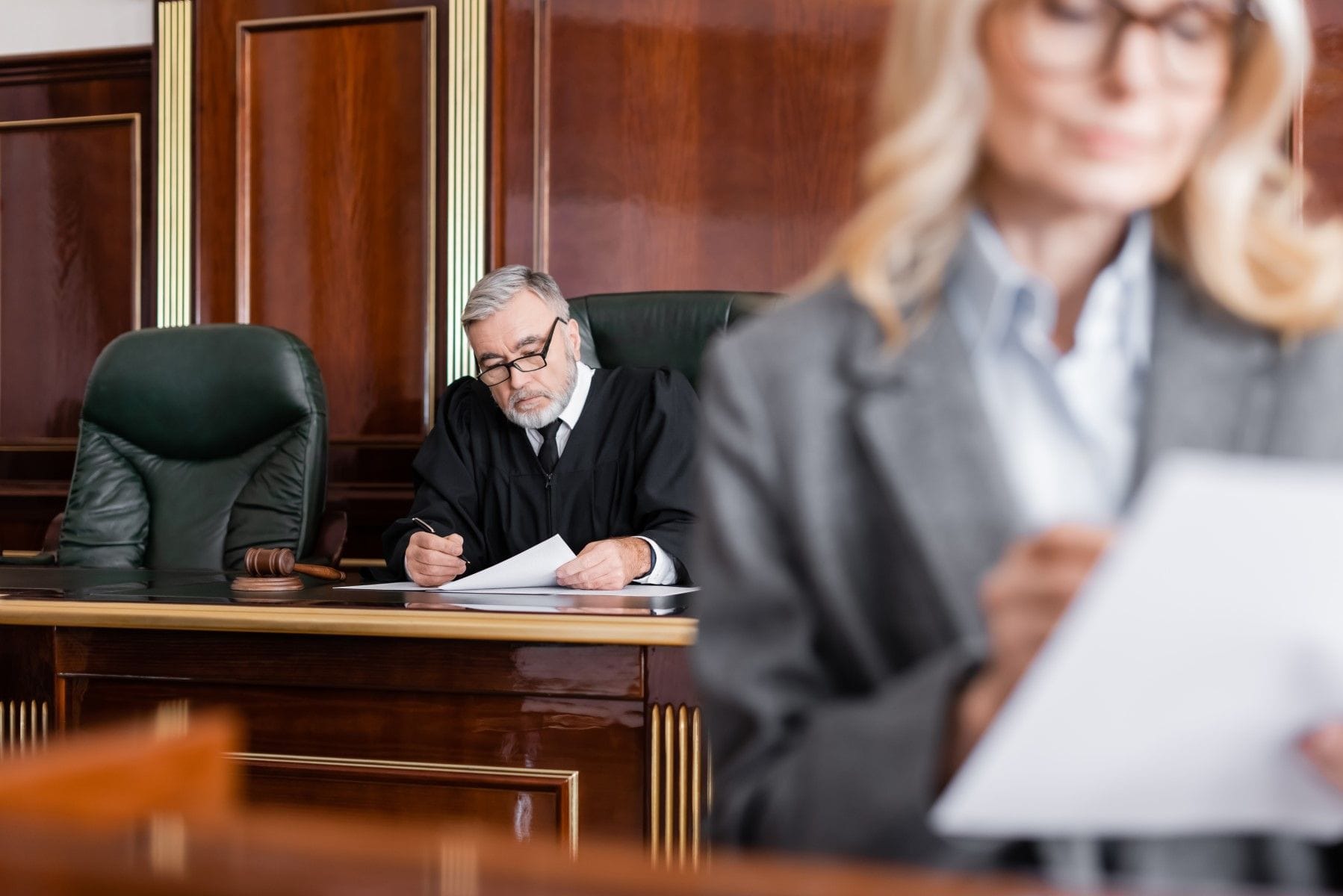How Expert Witness Strategy Changes in Bench Trials
In bench trials, expert testimony must shift from persuasion to precision—judges prioritize rigor, objectivity, and legal relevance over narrative appeal.
Updated on
Bench trials differ fundamentally from jury trials in their structure, audience, and evidentiary expectations. In the absence of a jury, expert witness strategy must pivot away from persuasion toward precision. Instead of simplifying complex concepts for laypersons, experts must communicate with legal professionals who are attuned to analytical reasoning and statutory interpretation. This shift requires meticulous preparation, a heightened standard of credibility, and an emphasis on logic over narrative appeal.
The Role of the Judge Alters the Dynamic of Expert Testimony
In a bench trial, the judge assumes dual responsibilities: arbiter of law and finder of fact. Consequently, the approach to expert testimony must be recalibrated. Judges are not swayed by rhetorical flourishes or emotional appeals—they assess expert contributions for their legal sufficiency, methodological rigor, and relevance to the matter at hand.
Experts must demonstrate fluency in legal standards such as Daubert or Frye, depending on jurisdiction, and articulate how their conclusions meet admissibility criteria.
This often entails the elimination of analogies or storytelling techniques commonly employed in jury trials. Instead, testimony must present clear, structured reasoning rooted in data, peer-reviewed literature, or industry standards.
Written Reports: Depth and Structure Take Precedence
Judges scrutinize expert reports more rigorously in bench trials. A well-structured, logically coherent report can carry more weight than live testimony, especially in cases where written evidence is reviewed in chambers or cited in post-trial findings.
Experts should prioritize:
- Thorough methodology sections with explicit references to standards of practice.
- Clear chains of reasoning connecting data to conclusions, avoiding inferential leaps.
- Concise yet comprehensive citation of authoritative sources, statutes, or precedent.
Precision in language is critical. For example, phrases like “it appears likely” or “possibly consistent with” may be acceptable before a jury but could undermine credibility with a judge seeking definitive, evidence-based conclusions.
Direct and Cross-Examination: Emphasis on Authority, Not Appeal
While demeanor remains important, the tone of expert testimony in bench trials must be adjusted to suit a legal audience. Judges expect witnesses to stay within their domain of expertise, cite objective criteria, and demonstrate impartiality. The expert is not a performer but a consultant to the court.
On direct examination, technical fluency and the ability to draw legally significant distinctions are key. When discussing causation, for instance, an expert should clarify whether their opinion aligns with the legal threshold of "more likely than not" or "reasonable degree of scientific certainty." The latter, though increasingly debated, may still be required in some jurisdictions and will be weighed accordingly by the bench.
Cross-examination strategies also shift. In jury trials, attorneys may seek to undercut the witness’s personality or likability. Before a judge, cross-examination tends to focus on logical coherence, contradictory literature, or a failure to account for alternative explanations. Experts must be prepared to defend not just their conclusions, but the intellectual rigor behind them.
Objectivity and Professional Credibility Matter More Than Ever
Judges are trained to detect bias and assess qualifications critically. In a jury trial, credentials may be summarized quickly to establish authority. In a bench trial, the judge may request in-depth scrutiny of an expert’s publication record, prior courtroom appearances, and affiliations. The judge may even conduct a preliminary hearing on admissibility without the need to contextualize findings for laypeople.
Neutrality, then, becomes central to the expert’s effectiveness. Any indication that the witness is functioning as an advocate rather than an analyst may damage the credibility of the testimony. As federal judge Thomas Whitaker remarked in a ruling involving dueling medical experts, “This Court gives little weight to testimony that reflects advocacy cloaked as expertise.”
Experts should anticipate:
- In-depth review of their CV and professional history.
- Detailed questions about their compensation and history of litigation support.
- Challenges to their objectivity, particularly in cases involving repeat retainers.
Strategic Collaboration with Counsel Is More Technical
Expert preparation for a bench trial involves closer integration with legal strategy. Counsel will often focus less on performance coaching and more on aligning the expert’s conclusions with the legal arguments of the case. This means preparing for questions rooted in statute, precedent, or specific procedural rules.
In some cases, experts may be asked to review and respond to opposing reports before trial, producing rebuttal statements that must be meticulously framed to avoid ad hominem critique. Judges expect a higher standard of civility and professionalism between opposing experts, which must be reflected in both testimony and written submissions.
Conclusion
The transition from jury trial to bench trial requires a fundamental shift in expert witness strategy. The focus moves from clarity for laypersons to depth for legal professionals. Testimony must be objective, reports must be methodically sound, and every conclusion must be legally defensible. For attorneys and expert witnesses alike, success in a bench trial is determined less by persuasion and more by precision.


